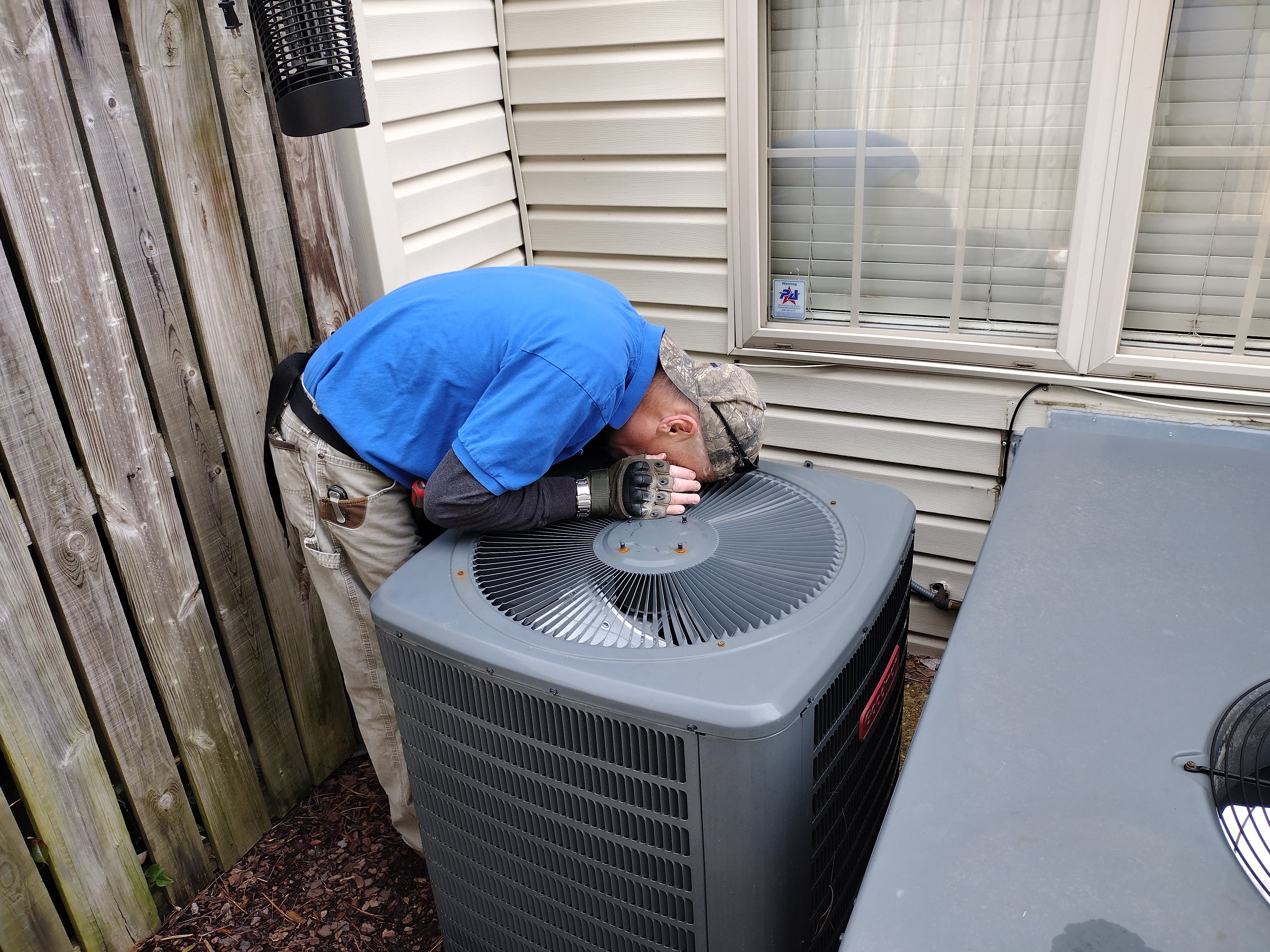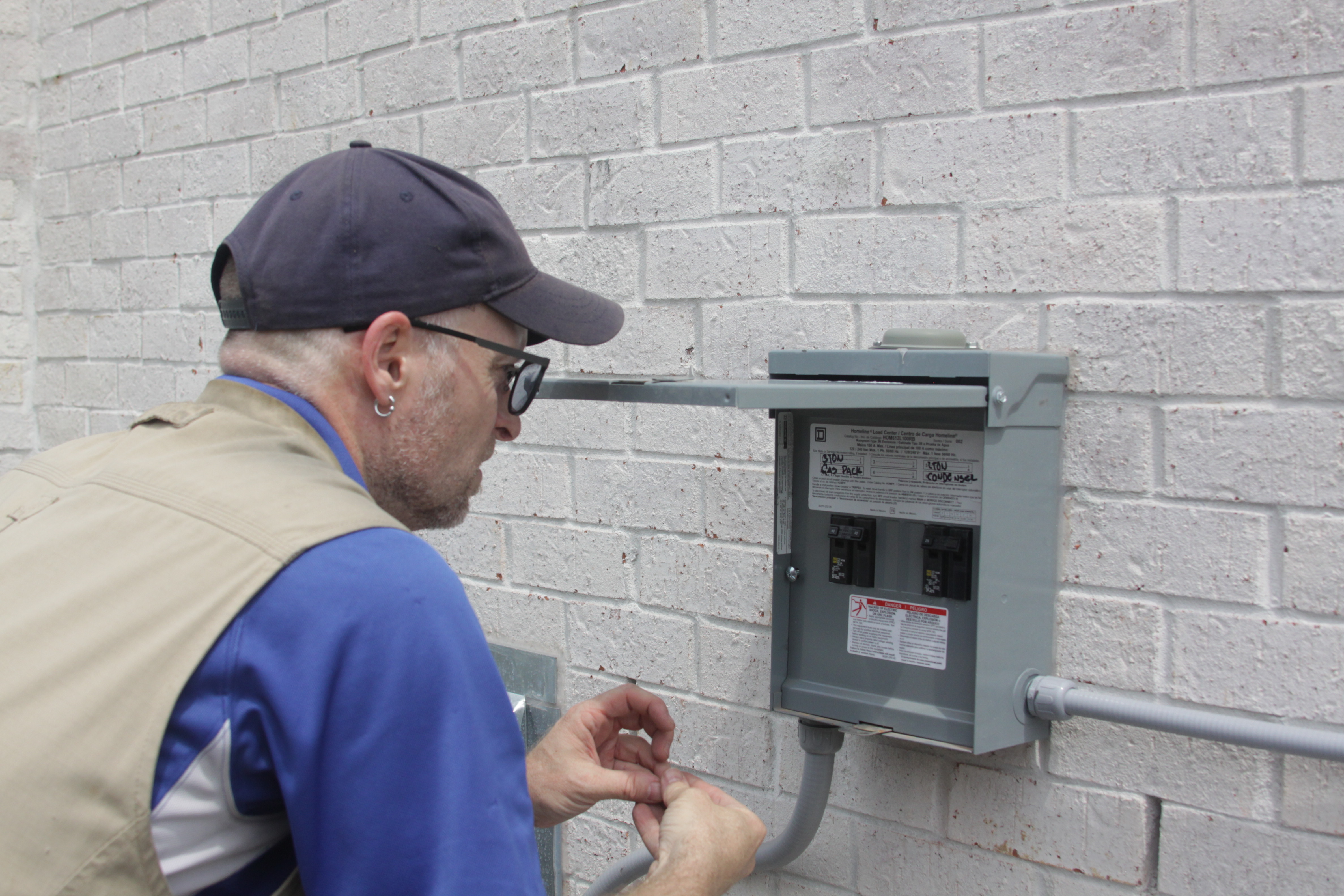Already Found a New Home? Then What’s Next?
Already bought a new home? Don’t skip these critical next steps! From home inspections to moving tips, this guide ensures a smooth transition into your dream house in Hendersonville, TN and beyond.
The Home Inspection: An Overview
Once you’ve put an offer down on a home, it’s time for a professional to inspect the property. While not legally required, a home inspection is an essential step in the buying and moving process.
- A certified home inspector will look for safety hazards, structural issues, and costly repairs.
- Inspections typically take about two hours.
- For peace of mind, buyers are urged to attend the inspection.
Performing an inspection ensures you are purchasing a home free of major problems, so you can move in with confidence.
Key Areas to Check During a Home Inspection
1. HVAC System
If the home is older, the heating and cooling systems could be nearing the end of their lifespan.
An inspector will check:
- Furnace, AC unit, and ducts for proper function.
- Airflow and potential blockages.
- General system condition and age.
- Newer HVAC systems are more energy-efficient and may save you money long-term.

2. Roof Condition
One of the last things you want is to move into your new home only to discover roof leaks or structural weaknesses.
During the roof inspection, the inspector will:
- Look for missing shingles or weak spots.
- Identify leaks, water damage, or mold growth.
- Check attic areas for insulation and ventilation.
A failing roof can lead to flooding, structural damage, and expensive repairs—spotting these issues early is key.
3.Foundation & Structural Integrity
The inspector will also check for:
- Foundation cracks.
- Proper depth and strength of footers.
- Wall thickness and construction materials.
- Ceilings, floors, and walls for sagging, cracks, mold, or discoloration.
Structural problems are among the most expensive issues to fix, making this part of the inspection one of the most important.
4.Doors and Windows
Windows and doors aren’t just about convenience—they’re critical for safety and efficiency.
The inspector will ensure:
- Every bedroom has a window (for fire safety).
- Frames are sturdy and properly balanced.
- Doors and windows open and close smoothly.
5.Electrical Systems
Electrical problems can be fire hazards if ignored.
The inspector will verify that:
- Wiring is safe and modern (preferably copper, not aluminum).
- Breaker boxes meet local codes.
- Amperage is sufficient for modern living.
- Wires are properly insulated and free from outside obstruction.

What Happens After the Inspection?
When you receive the inspection report, don’t panic if it contains a long list of items. Instead, focus on the major issues that affect safety or livability.
- Buyers usually pay for the inspection.
- Sellers often cover repair costs or lower the sale price to offset them.
- Negotiations may involve repair agreements or price adjustments.
Once the inspection is complete and agreements are made, it’s time to plan your move. For long-distance relocations, companies like American Van Lines can help ensure a smooth transition into your new home.
Conclusion:
Don’t ever skip the home inspection before moving in. This crucial step protects your investment, identifies hidden issues, and gives you confidence in your purchase. Whether you’re buying in Hendersonville, Gallatin, Nashville, or other parts of Tennessee, hiring a professional home inspector is one of the smartest decisions you can make for your future home.
Photo credits to Matt Production
THI images taken by Asher Schroer
